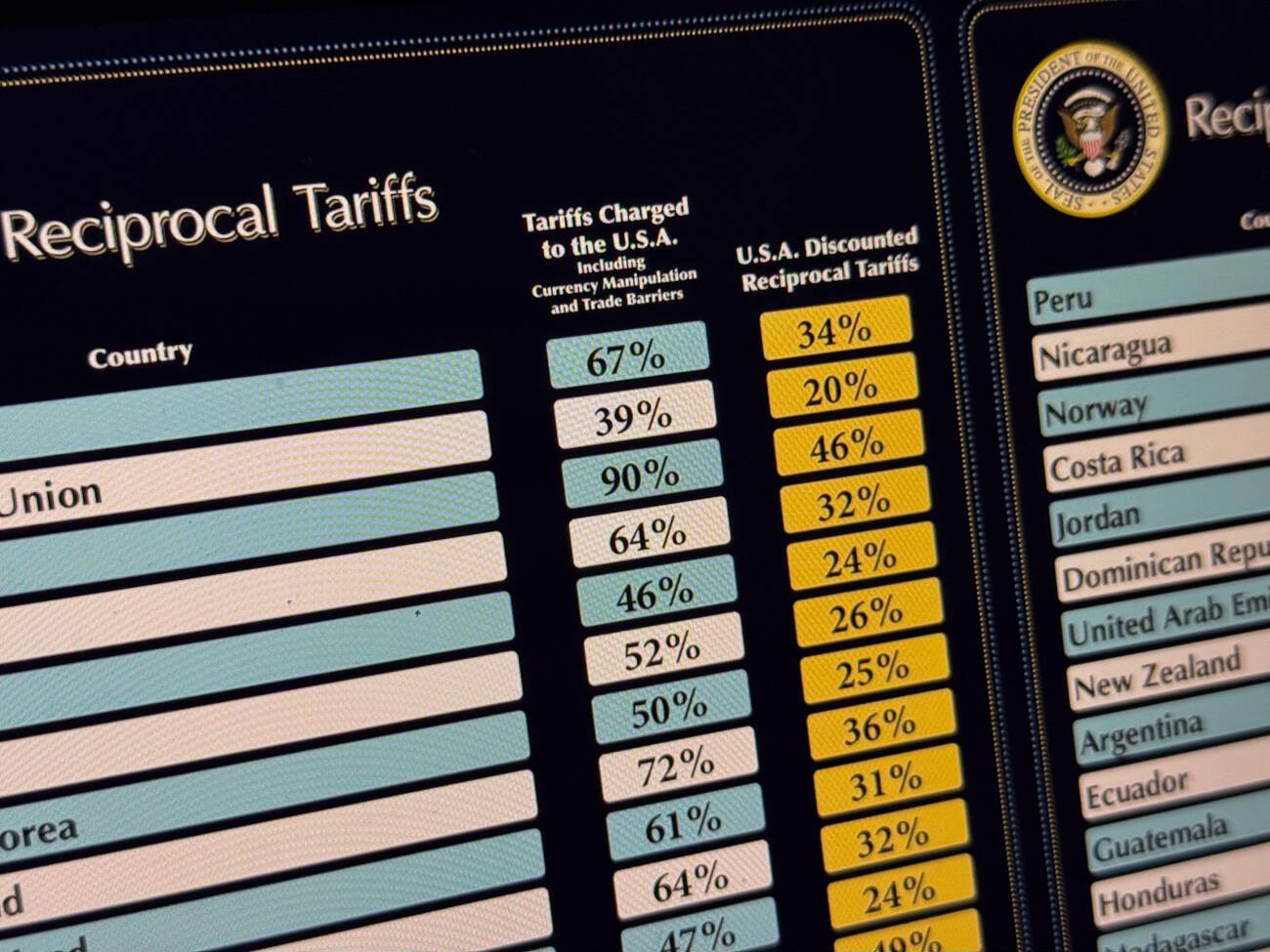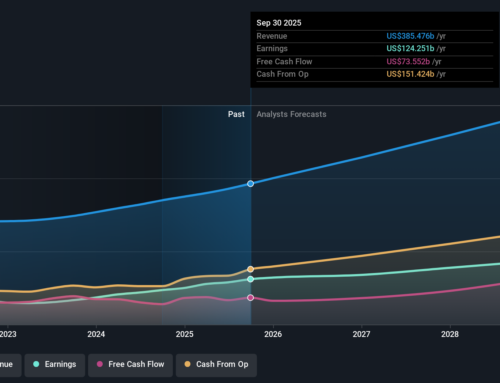How CPAs Can Maximize the Impact of Clean Energy Tax Credits
April 24, 2025
By Imran Syed
Clean energy tax credits are transforming how businesses approach their financial and environmental strategies. The Inflation Reduction Act provides incentives that help companies reduce tax liability through Investment Tax Credits (ITCs) and Production Tax Credits (PTCs).
For accountants, these credits represent a critical opportunity to deliver significant value to clients navigating the evolving landscape of green energy financing.
While the Inflation Reduction Act provides the opportunity for tax incentive on clean energy, specific qualification rules apply to determine who can claim ITCs and PTCs.
The ITC provides a tax credit based on a percentage of the investment cost of eligible renewable energy systems, such as solar, wind, geothermal, and energy storage technologies.
It also extends to nonprofits and tax-exempt entities, such as local governments, through the direct pay option, promoting sustainable energy solutions across sectors.
In contrast to the ITC, the PTC rewards businesses for the production of electricity from renewable sources or the manufacturing of certain eligible clean energy systems.
The goal of the Production Tax Credits is to encourage long-term investment in renewable energy, boost economic growth, promote clean energy production, and reduce carbon emissions.
The ITC offers a base credit of 6% of the qualified renewable energy investment, which can increase up to 30% if prevailing wage and apprenticeship requirements are met, or project capacity is under 1 Megawatt. There are additional bonus credits for projects in an energy community or domestic content compliance.
The PTC rewards businesses for energy generation or production of eligible components. The credit, along with applicable bonus adders on a percentage basis, provides long-term benefits for energy-intensive businesses.
Accountants can play a crucial role in helping clients take full advantage of ITCs and PTCs through strategic planning:
1. Evaluate eligibility: A deep understanding of eligibility criteria ensures clients qualify for the right incentives. Accountants can identify opportunities to integrate these credits into a client’s long-term financial plan.
2. Examine project documentation: A thorough review of project documentation, such as invoices, contracts, purchase orders, and construction cost breakdown, is critical for accountants to ensure clients maximize the tax credits and be at ease of IRS audits and recapture risks. This includes reviewing invoices, contracts, purchase orders, and detailed construction cost breakdowns to ensure compliance with ITC/PTC eligibility requirements and proper valuation.
3. Maximize combined incentives: Accountants should explore other federal, state, and local incentives beyond ITCs and PTCs to maximize financial benefits by combining them.

ABOUT THE AUTHOR:
Imran Syed is a managing director of energy services at Source Advisors and has more than 20 years of experience in sustainability and energy-efficient buildings. He is a registered Professional Engineer (PE), Certified Energy Member (CEM), LEED AP, HERS Rater, NGBS Verifier, and ENERGY STAR partner.
Subscribe for free to get personalized daily content, newsletters, continuing education, podcasts, whitepapers and more…
Already registered?
Need more information? Read the FAQs

Taxes
April 24, 2025
Trump Says Millionaire Tax Would Push Wealthy to Leave the U.S.
The president said imposing a higher tax rate on millionaires would spur the country’s richest to leave the U.S., downplaying an idea that is under discussion in some Republican circles as a way to pay for an economic package.

Taxes
April 24, 2025
He Can’t ‘Raise Taxes on a Whim’: 12 States Ask Court to Halt Trump Tariffs
A dozen states filed a federal lawsuit on April 23 challenging the Trump administration’s imposition of sweeping tariffs, arguing the president trampled on Congress’ powers to raise taxes.

Taxes
April 24, 2025
First-Quarter Tax Lobbying Explodes as Reconciliation Package Looms
There were more than 300 new lobbying registrations—disclosures firms file when they acquire new clients—citing tax policy issues, up more than 200% compared to the first quarter last year and more than 260% compared to the previous quarter.

Taxes
April 23, 2025
Ex-Treasury Secretary Says Trump ‘Attack’ on IRS Risks $1 Trillion Revenue Hit
Lawrence Summers said that the Trump administration’s moves to downsize the IRS, along with other changes, are likely to incentivize reduced tax-payment compliance.
Search
RECENT PRESS RELEASES
Related Post





